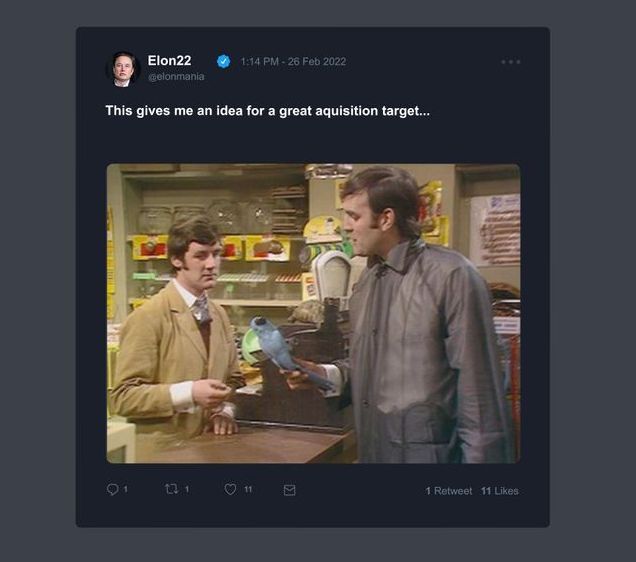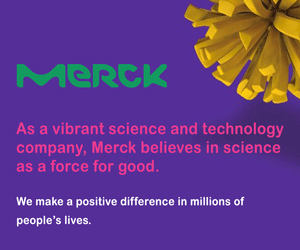1MG FlippingBooks
AMAZING FACTS: HISTORY'S WORST MERGERS AND ACQUISITIONS
Rose Lane
Mergers and acquisitions are the business transactions wherein the ownership of organisations, or part of their operation, is consolidated with another organisation. These transactions can provide benefits to both parties, including reducing financial risk, diversifying one party’s portfolio, increasing a company’s resources and capacity, and cornering a larger section of the market. However, many mergers and acquisitions fail – meaning the deal becomes unprofitable for both parties. Let’s examine a few which failed in a big way.
AOL and Time Warner lost $165 million
In January 2000, America Online (AOL) positioned itself as a leader in dial-up internet services across the United States. The tech company purchased the mass media and entertainment conglomerate for US$165 billion, creating a company with an estimated total value of US$360 billion.
For AOL, the Time Warner merger seemed like an opportunity to distribute content across both organisations’ networks. For Time Warner, the purchasing company offered more reach for their media properties.
AOL made their acquisition during the dot-com bubble – wherein investors valued their services high above the value they actually offered, and projected stronger sustainability and growth for internet providers than they could… provide.
However, investors started pulling out when a market downturn became apparent from March to the end of 2000. The bubble burst. AOL’s market cap dropped from US$226 billion to US$20 billion. Time Warner officially separated from AOL in 2009.
Elon Musk spent $44 billion on Twitter
In 2022, it seems that the mergers and acquisitions rules have changed. Social media platform Twitter – now called X – was an independent company headed by CEO Jack Dorsey before he sold it not to merge with another company, but to billionaire Elon Musk.
On April 14 that year, Musk made an unsolicited offer to purchase Twitter, Inc. for US$43 billion, over 20 times the company’s projected 2022 operating cash flow. Later that month, the company announced that they had accepted a US$44 billion deal and that Twitter would become a private company later that year under Musk.
After closing the deal on 27 October, Musk became the CEO of Twitter, enacting a series of controversial changes to the platform which directly led to the creation of rival Threads. As of July 2023, the company has a negative cash flow.

Daimler Benz and Chrysler lost $37 billion
The internet does not have a monopoly on bad mergers and acquisitions. In May 1998, the third-largest automaker in the United States – Chrysler – merged with Daimler-Benz for US$37 billion to create a new company named DaimlerChrysler AG. At the time, it was the largest merger that a US company had seen with a foreign organisation.
Although the merger was advertised as a horizontal move between equals, the deal saw Daimler executives owning most of the new company’s shares and implementing a programme of employee meetings and seminars, while some dealerships formerly owned by Daimler refused to sell cars formerly manufactured by Chrysler.
In March 2000, Chrysler CEO Bob Eaton stepped down. The Chrysler half of the new company started making losses in 2001, until Daimler-Benz sold it to the Cerberus Capital Management Firm for US$7 billion in 2007.
Penguin faced an antitrust suit for attempting to acquire Simon & Schuster
Consider this the bad merger that wasn’t. Simon and Schuster’s parent company Paramount put the book publisher up for sale in 2020. Nine months later, they announced a US$2.2 billion deal for S&S to merge with Penguin Random House, itself owned by German media organisation Bertelsmann.
In November 2021, the United States Department of Justice filed a lawsuit aimed at stopping the deal. They argued that the proposed company would corner over half the publishing market and leave its competitors each at less than half their size. In an antitrust trial the following year, a judge ruled that the merger would not go ahead; Penguin Random House paid a US$200 million termination fee.










